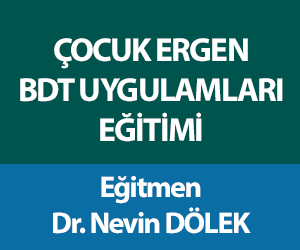Secret Psychology

Sarah Anders Cynic Correspondent / vermontcynic.com
Last year, some of the residents at UVM awoke to find a message taped to their door: "The greatest lesson I learned at the University of Vermont came from seeing how my white peers treat the housekeepers. Nothing has disgusted me and inspired me more."
The incendiary message was a cutout from PostSecret, a blog started by Frank Warren that features artistic postcards with secrets on them. Frank Warren will be coming to UVM on Oct. 14 to speak and promote his new book, "PostSecret: Extraordinary Confessions from Ordinary Lives." The book is currently the number one art book on Amazon.
"It's anonymous so it's difficult to address: is this something that's really a problem at UVM and how do we respond?" Diana Murray-Close, assistant Professor of Psychology, said of last year's PostSecret incident at UVM.
"At the same time, it may create awareness for some issues that do exist on campus that people wouldn't otherwise be comfortable addressing."
The same questions apply to possible psychological benefits or problems regarding PostSecret.
"You're not getting the benefits that you might get if you were sharing with a health professional or a supportive friend … but you're also not getting those potential negatives that come from sitting with someone and just ruminating about the problem over and over," Murray-Close said.
"PostSecrets could have the potential to be beneficial, neutral or negative. It will depend on the nature of what gets posted and what happens to people's thinking and social world after posting it," Elizabeth Pinel, Associate Professor of Psychology, said.
"If, for example, people post a secret that involves a traumatic experience and the act of posting promotes higher level cognitive processing about the experience that lead to new insights or understanding, that could be helpful.
"If, on the other hand, people post a silly, meaningless secret for the sake of humor, I don't know what benefits would re¬ally emerge.
"And, as work on rumination suggests, if the posting of the secret causes one to ruminate on it without actually processing it, this could be detrimental to the author."
It's also possible that an addiction to PostSecret has value beyond the typical three hours spent Internet surfing.
"It could be beneficial by normalizing certain sorts of secrets so if a person thinks that a secret that they have is really horrible and uncommon and they see that someone else has the same sort of secret, that would make them more likely to deal with them," Murray-Close said.
Though PostSecret's mental health benefits for society remain questionable, the rea¬sons for its popularity are clear. Though the access to the secrets is uniquely modern, the motivations for reading are age-old.
PostSecret reflects a desire "to be privy to other people's secrets," Murray-Close said.
"I don't know that that's a new desire, but we have new technologies to address these desires," she added.
"The PostSecret phenomenon represents just another example of how curious we are about the inner lives of others and how we will seize opportunities to peer into them," Pinel said.









Türkçe karakter kullanılmayan ve büyük harflerle yazılmış yorumlar onaylanmamaktadır.